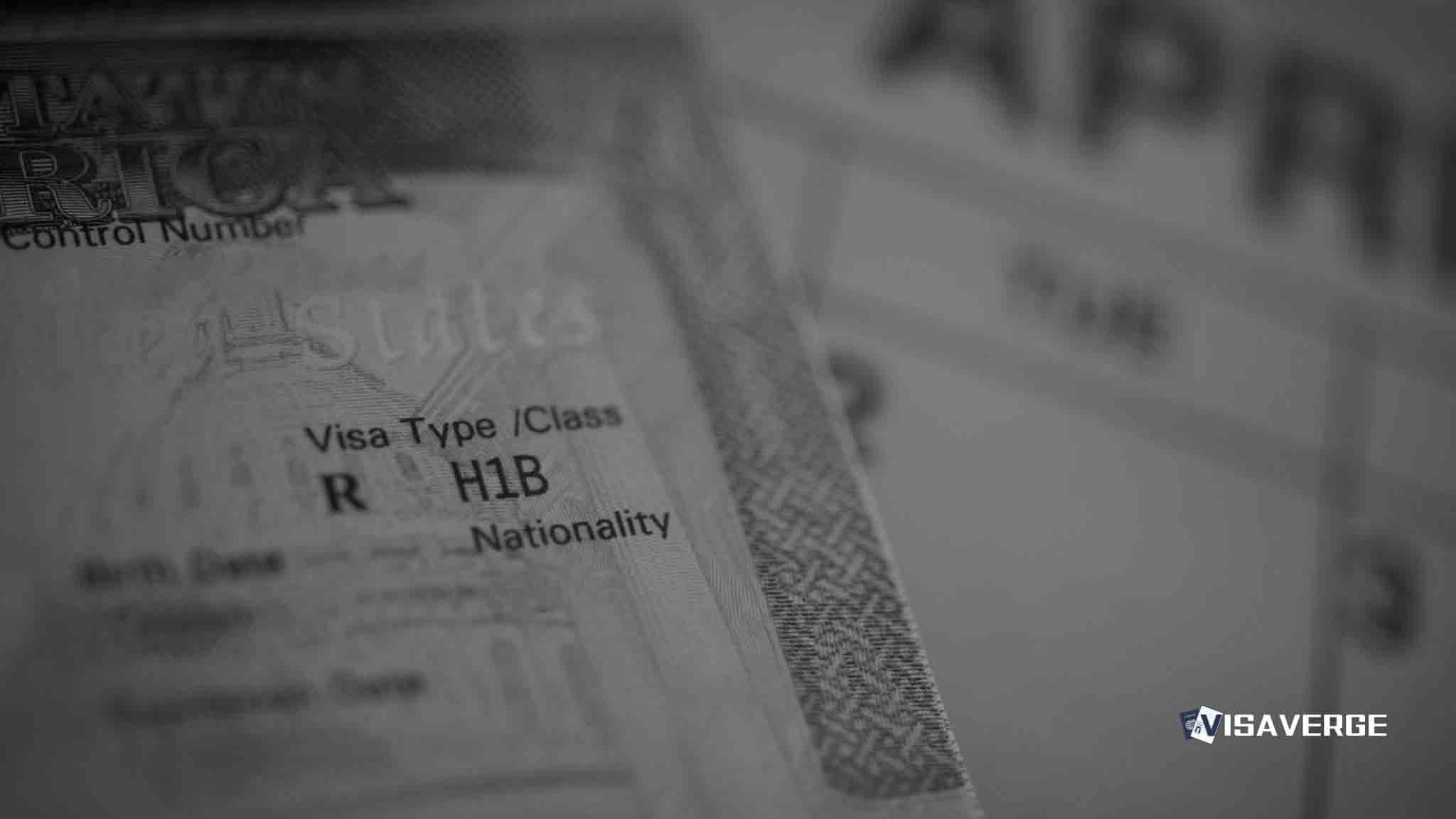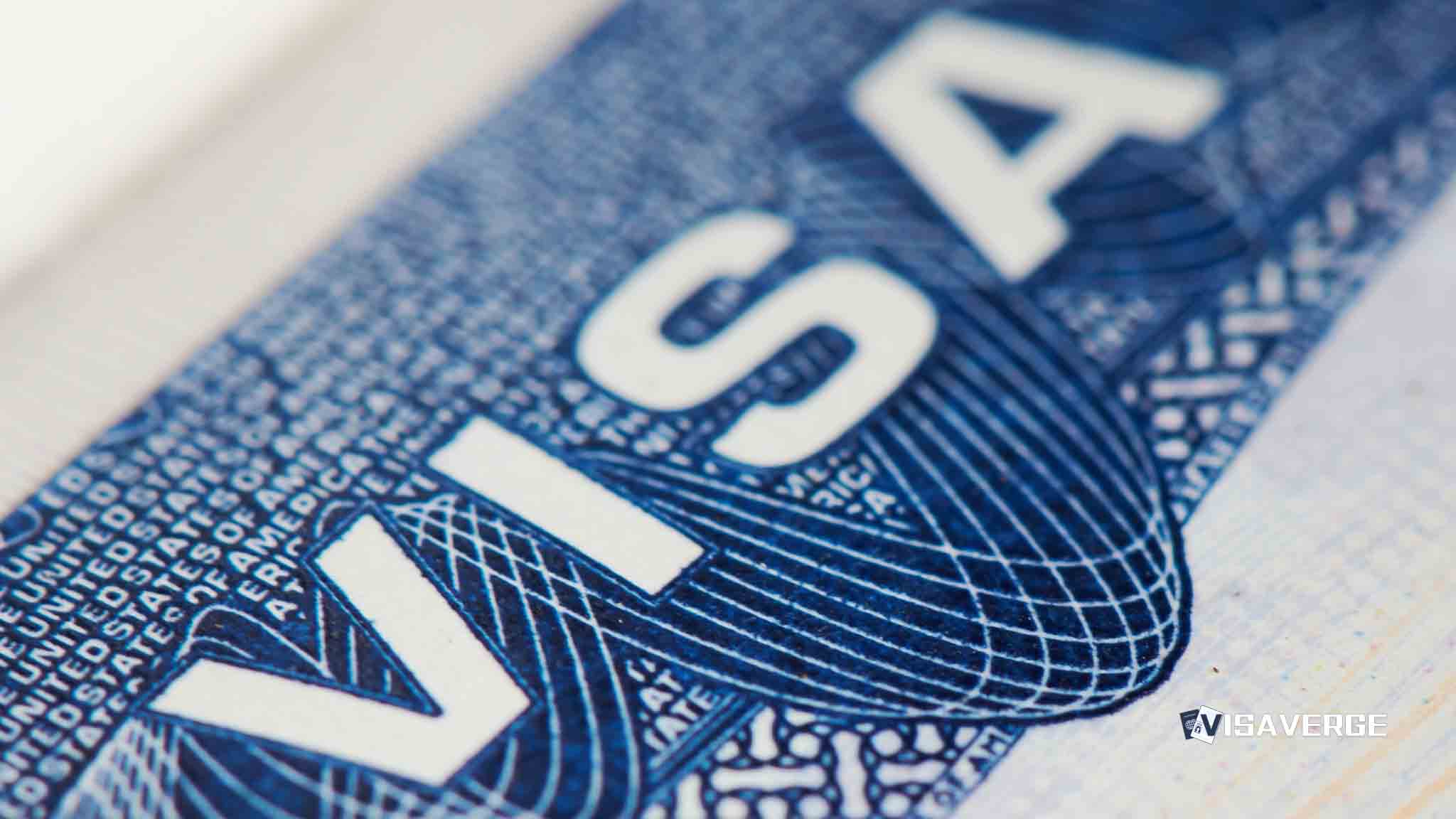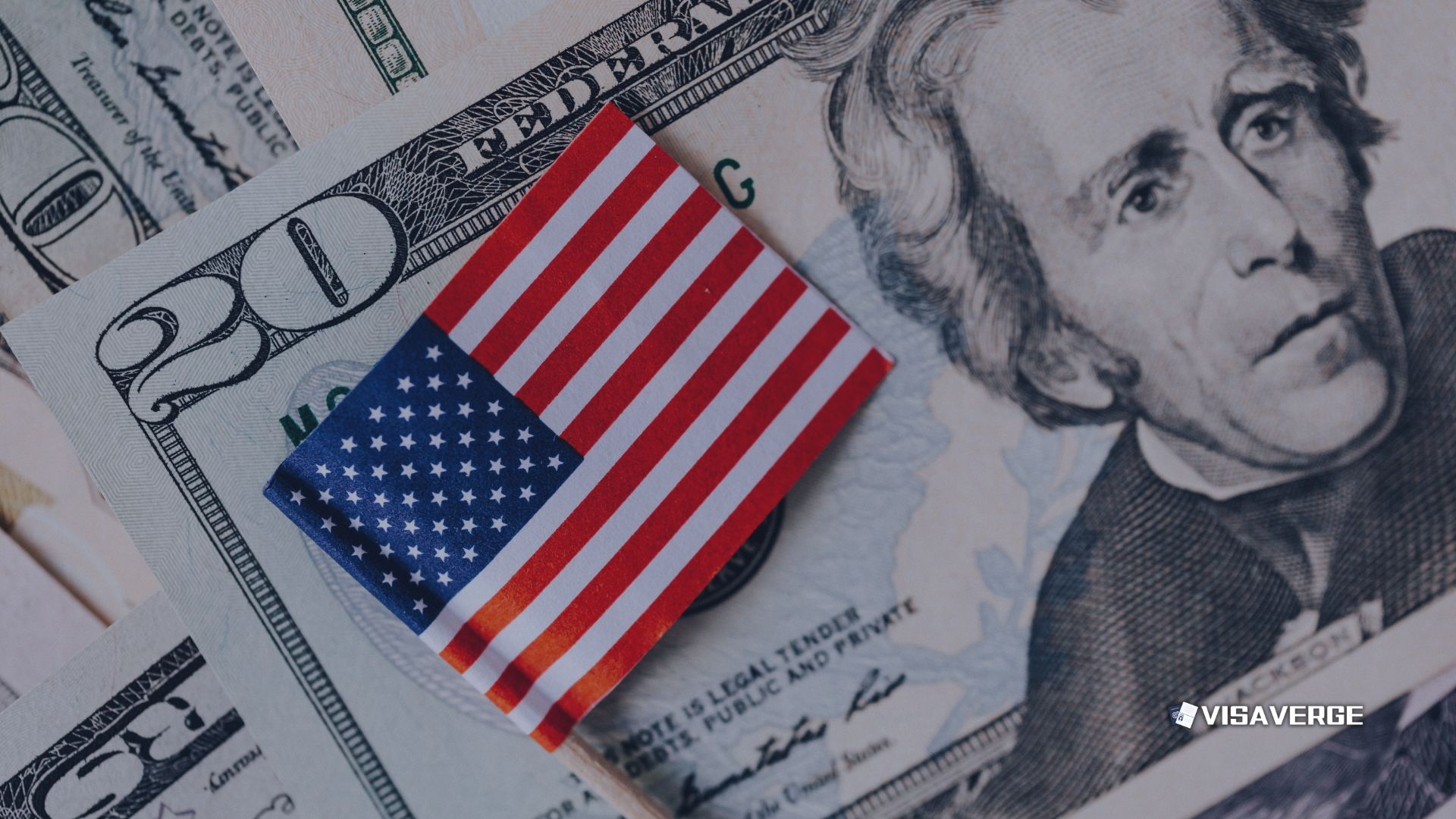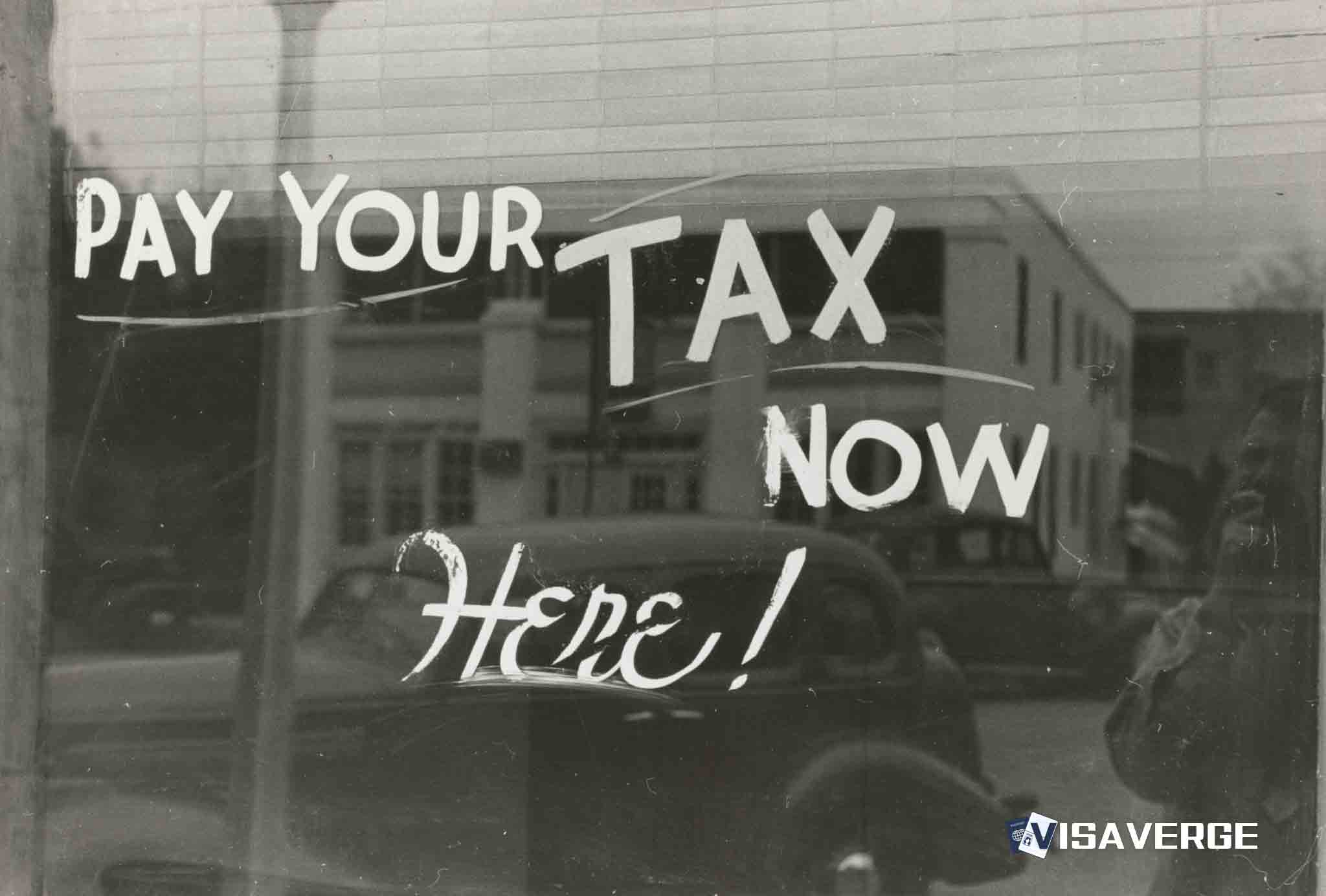Key Takeaways
• Texas federal court dismissed Anil Kini’s False Claims Act lawsuit against TCS over alleged visa fraud.
• TCS received 6,682 L-1A visa approvals from 2019-2023, far exceeding reported manager-level positions.
• The US Department of Justice did not intervene; Kini is appealing the dismissal decision.
Tata Consultancy Services Ltd. (TCS), one of the world’s largest IT services companies, recently won a major legal case in the United States. A federal court in Texas dismissed a lawsuit filed by Anil Kini, a former IT manager who worked for the company in Denver. Kini claimed that TCS had broken United States immigration rules by misusing visas meant for managers and senior staff. He also said TCS was trying to bypass stricter rules for the H-1B visa program by using other visas for workers who, in his view, did not qualify as managers. This story touches on visa fraud, whistleblower claims, and ongoing criticism of visa practices by big technology firms.
Let’s break down what happened, why this case matters, and what it means for different people, including workers, companies, and policymakers.

The Lawsuit: What Was Claimed?
The lawsuit began when Anil Kini, who oversaw IT work at TCS’s Denver office, stepped forward as a whistleblower. He brought his case under the federal False Claims Act. This law lets private citizens sue companies if they believe those companies have tricked or misused government programs for their own benefit. If a court finds that fraud took place, the whistleblower may be rewarded with some of the recovered money.
Kini argued that TCS was committing visa fraud. His main claims were:
- TCS told workers to change internal documents, like company charts, so that regular workers looked like managers.
- By calling front-line employees managers, TCS could apply for L-1A visas instead of H-1B visas.
- These actions were meant to dodge the stricter H-1B rules, like caps (limits on how many can be given each year), and higher requirements for education and wages.
As reported by VisaVerge.com, this case reflects ongoing scrutiny over how global tech firms move staff across borders and whether they follow not just the letter, but the spirit of US immigration law.
L-1A vs. H-1B Visas: What’s the Difference and Why Does It Matter?
To fully understand the case, it’s important to know the difference between the L-1A and H-1B visa programs in the United States:
- L-1A Visa: Meant for managers and top-level employees of multinational companies who are being sent to a US branch. No annual cap. Fewer restrictions on salary. Lower government fees (about $1,000 less than H-1B).
- H-1B Visa: For foreign professionals with a college degree who work in specialty jobs, like engineering or software programming. The government puts a cap on how many can be approved each year. Employers must pay certain minimum wages and follow many strict rules.
The L-1A visa should only be given when the worker really does high-level management work. The H-1B visa, in comparison, is more tightly controlled and has gotten tougher under US policies, especially during the first term of President Trump, when rules were made even more strict. Companies may prefer the L-1A visa for bringing in experienced staff, especially since it’s not limited by an annual quota.
The Numbers: Data in the Case
The lawsuit included some eye-catching data. From October 2019 to September 2023, Tata Consultancy received 6,682 L-1A visa approvals. The next highest recipient, Infosys, received 1,289 approvals—less than one-fifth as many. This large gap made some people question whether TCS was truly using the visa only for management staff.
But the numbers did not stop there. TCS’s own 2022 report to the US Equal Employment Opportunity Commission said that, among its 31,000 workers in the United States, there were fewer than 600 executive or manager positions. Yet the number of L-1A visas they received was much higher than the number of actual managers reported. This clear difference became a central issue in the lawsuit.
The Court’s Decision
The Texas federal district court reviewed all the facts and arguments. In February 2025, the judge dismissed the lawsuit. The court said that Anil Kini did not meet the high legal standard required under the False Claims Act. In other words, the court did not believe the evidence showed that TCS had lied to the government in the way the law requires for a fraud case.
It’s important to note that the US Department of Justice—a government office that can sometimes support whistleblower lawsuits—chose not to step in on this case. That made some legal experts say the case may have lacked strong enough evidence, at least from the government’s point of view.
Kini has not given up. He is appealing the court’s decision, saying that TCS misrepresented facts not just here and there, but as part of a regular practice.
Tata Consultancy’s Response
From the start of the legal battles, Tata Consultancy has denied any wrongdoing. The company released a statement, saying:
“TCS does not comment on ongoing litigation, however we strongly refute these inaccurate allegations by certain ex-employees, which have previously been dismissed by multiple courts and tribunals. TCS rigorously adheres to all US laws.”
This kind of strong defense is common among large companies, especially those facing whistleblower claims. TCS also pointed out that similar lawsuits or accusations by former workers have been dismissed multiple times in the past.
Why Was the Whistleblower’s Case Dismissed?
Court cases under the False Claims Act are not easy to win. The whistleblower must show, with clear proof, that the company knowingly misled the government and cost taxpayers money. In this case:
- The court said that changes to job titles or internal charts, by themselves, did not prove fraud.
- There was not enough direct evidence that workers were wrongly classified only to get easier visas.
- The judge believed the total evidence did not satisfy the tough legal test for fraud.
Some experts also pointed out that if the company reported manager numbers one way to the government (for job data) and another way for visa applications, it could be because the categories and reporting methods are not the same. For example, what counts as a “manager” for labor reporting may be defined differently for visa applications.
Wider Impact: Visa Programs and Public Trust
The Tata Consultancy and H-1B visa fraud lawsuit stands out because it reflects a larger concern in the United States about how employers use—or sometimes stretch—the visa rules. Critics say some technology firms use loopholes or creative definitions of “manager” or “specialty worker” to bring in more foreign staff, often to fill jobs that could go to Americans.
Supporters of these companies say global firms need to move workers across borders. Sometimes, only experienced staff from abroad can do complex work needed by clients in the United States.
VisaVerge.com’s investigation reveals that such lawsuits put pressure on both employers and lawmakers to clarify who should get which kinds of visas and how to track their use honestly.
Ongoing Problems for Tata Consultancy
This is not the only problem Tata Consultancy faces in the United States. The company is being investigated by the US Equal Employment Opportunity Commission (EEOC). The focus this time is not on visas, but on whether TCS discriminated against non-Indian workers. Several former workers have said they were let go because of their age, race, or national origin, while Indian staff—often in the US on H-1B visas—kept their jobs.
These kinds of cases highlight a pattern of concern. When an employer uses large numbers of foreign visa holders in a market with plenty of local talent, it raises questions not only about company practices, but also about fairness in the job market.
Impact on Immigrants, Workers, and Companies
The result of this court case has real meaning for immigrants, current employees, and other large companies.
- For immigrants, especially skilled workers hoping to come to the United States, the case shows how tough the rules can be. Even big companies can face lawsuits if someone believes the rules have been bent or broken.
- For American workers, the outcome sparks mixed feelings. Some worry about losing jobs to foreign visa holders. Others see global companies as bringing investment and new skills into the economy.
- For companies, the message is clear: visa rules and labor laws are taken seriously in the United States. False Claims Act lawsuits—even if dismissed—cost time and money and can damage a company’s reputation.
The Importance of Accurate Visa Use
US immigration and labor officials are always on the lookout for possible misuse of visas. The L-1A visa is supposed to make it easier to move senior managers from one country to another, helping large firms run their businesses. The H-1B program is meant to fill gaps in the workforce when local talent is not enough.
Both programs play a big role in the modern world economy. But if either program is misused, it can lead to fewer opportunities for local workers or harm trust in immigration systems.
What Happens Next?
While this particular lawsuit was dismissed, the broader debate over how companies sponsor foreign workers is not going away. The appeal by Anil Kini will get close attention—especially if new facts or evidence come up.
The ongoing investigation by the EEOC will also keep TCS in the news. If the government finds that layoff patterns or visa use were biased against non-Indian workers, the company could face fines or other penalties.
At the same time, both US lawmakers and company leaders will likely keep debating what “manager” and “specialty worker” really mean, and how best to protect both American and foreign workers.
What Can Readers Do?
If you are a foreign worker, it’s very important to understand which visa fits your work and skills. If you’re an employer, it’s wise to work closely with your legal team to make sure you follow all the rules.
The United States Citizenship and Immigration Services (USCIS) has official visa information for both L-1A and H-1B visas. Reading up on these programs can help both workers and employers avoid costly mistakes.
For those following these cases, keep in mind that the law can change, as can government priorities. What is allowed this year might be different next year, especially if new political leaders take office or public attitudes change.
Final Thoughts
The story of Tata Consultancy, the H-1B visa fraud claims, and whistleblower Anil Kini is a reminder that the world of skilled immigration remains complex and often controversial. Companies must balance business needs with fair hiring, while lawmakers must make sure rules are clear and enforced. Workers—both local and foreign—watch closely to see if opportunities are shared fairly.
The court’s decision to dismiss the whistleblower’s case does not end questions about how visas are used in the tech industry, but it does show how careful evidence and clear legal standards decide the outcome. As global businesses continue to bring workers across borders, the need for trust and transparency in immigration will only grow.
Each person touched by these programs—foreign staff, American professionals, or business leaders—can help keep the system honest. By knowing the rules, asking fair questions, and insisting on honest paperwork, everyone plays a part in shaping a better workplace.
For more updates and details about visa programs, official resources like the USCIS website provide the latest rules and forms. Remember, when in doubt, check official sources or seek professional help.
In the end, cases like this matter because they affect more than just one worker or one company—they touch on how the world’s biggest economies share talent, opportunities, and trust.
Learn Today
L-1A Visa → A US visa for multinational company managers transferred to US branches, without annual caps or strict wage rules.
H-1B Visa → A US visa for foreign professionals in specialty occupations, subject to annual caps and wage requirements.
False Claims Act → A US federal law allowing whistleblowers to sue companies for government program fraud.
Whistleblower → An insider who reports illegal or unethical practices within an organization, often under protection laws.
US Equal Employment Opportunity Commission → A federal agency enforcing laws against workplace discrimination, including visa-related employment issues.
This Article in a Nutshell
Tata Consultancy Services overcame a whistleblower lawsuit alleging misuse of L-1A visas to bypass H-1B rules. A Texas court dismissed the claims due to insufficient evidence, highlighting the complexity of visa classifications and enforcement amid ongoing scrutiny of tech firms’ immigration practices.
— By VisaVerge.com
Read more:
• Pregnant Ohio mother files federal lawsuit to stop deportation to Mexico
• Trump Drops $2.1 Million Southwest Airlines Lawsuit
• Supreme Court blocks mass deportations under Alien Enemies Act after AARP lawsuit
• Rattanand Ratsantiboon regains student status after ICE lawsuit dropped
• Southwest Airlines Escapes Lawsuit Over Delayed Flights







